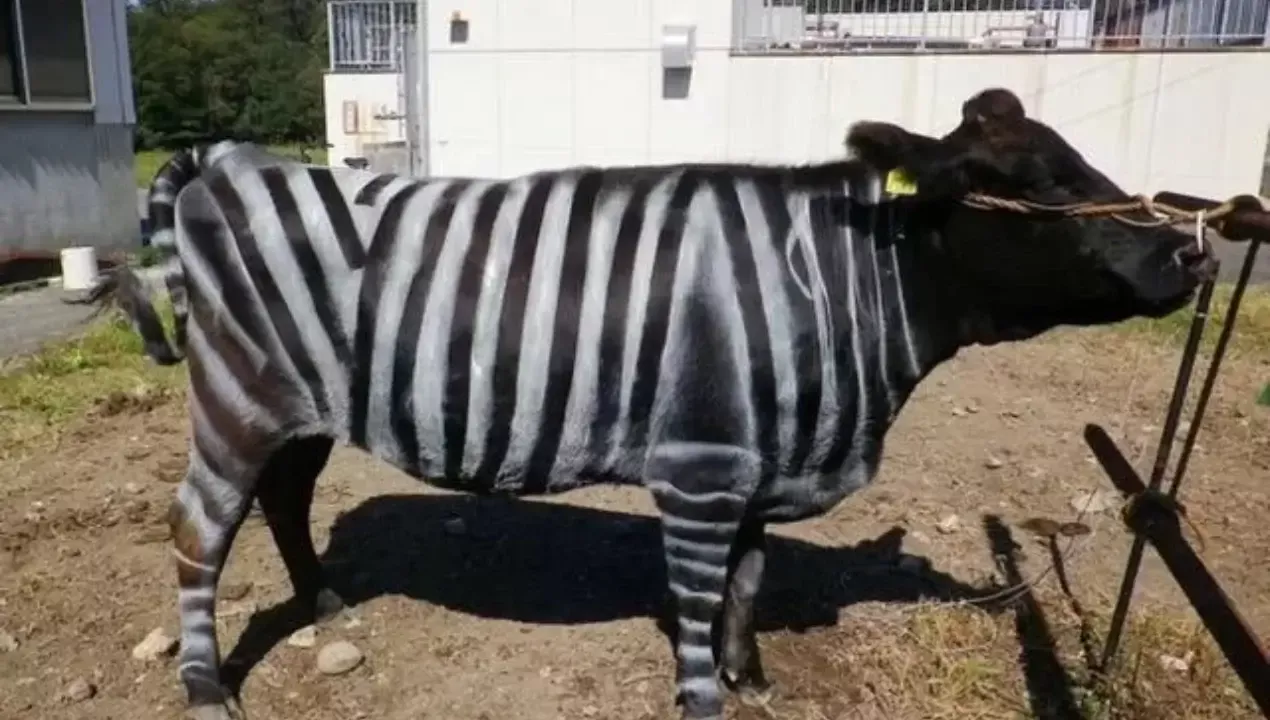Japanese scientists have found a new method against mosquitoes

Eleven researchers from Japan have been awarded the Nobel Prize in Biology, according to the "Kuodo" publication. This was reported by Zamin.uz.
At the ceremony held in Boston, it was stated that for the past 19 years, at least one Japanese scientist has been honored with this prestigious award annually. Since 1991, these awards have been traditionally presented by the scientific humor journal “Annals of Improbable Research.”
The main goal of the award is to recognize research that first makes people laugh and then makes them think. According to a study published by Japanese scientists in 2019, drawing black and white stripes like a zebra on the bodies of cattle can protect them from mosquito attacks.
This method helps reduce significant economic losses in livestock farming and also prevents the animals from unhealthy grazing and injuries. According to data, approximately 2.2 billion dollars are spent annually in the United States alone to combat mosquitoes in livestock farming.
Japanese researchers found through experiments that cows painted with stripes suffer 50 percent fewer mosquito bites compared to ordinary cattle. This research enables the introduction of new protective methods in the livestock industry.







